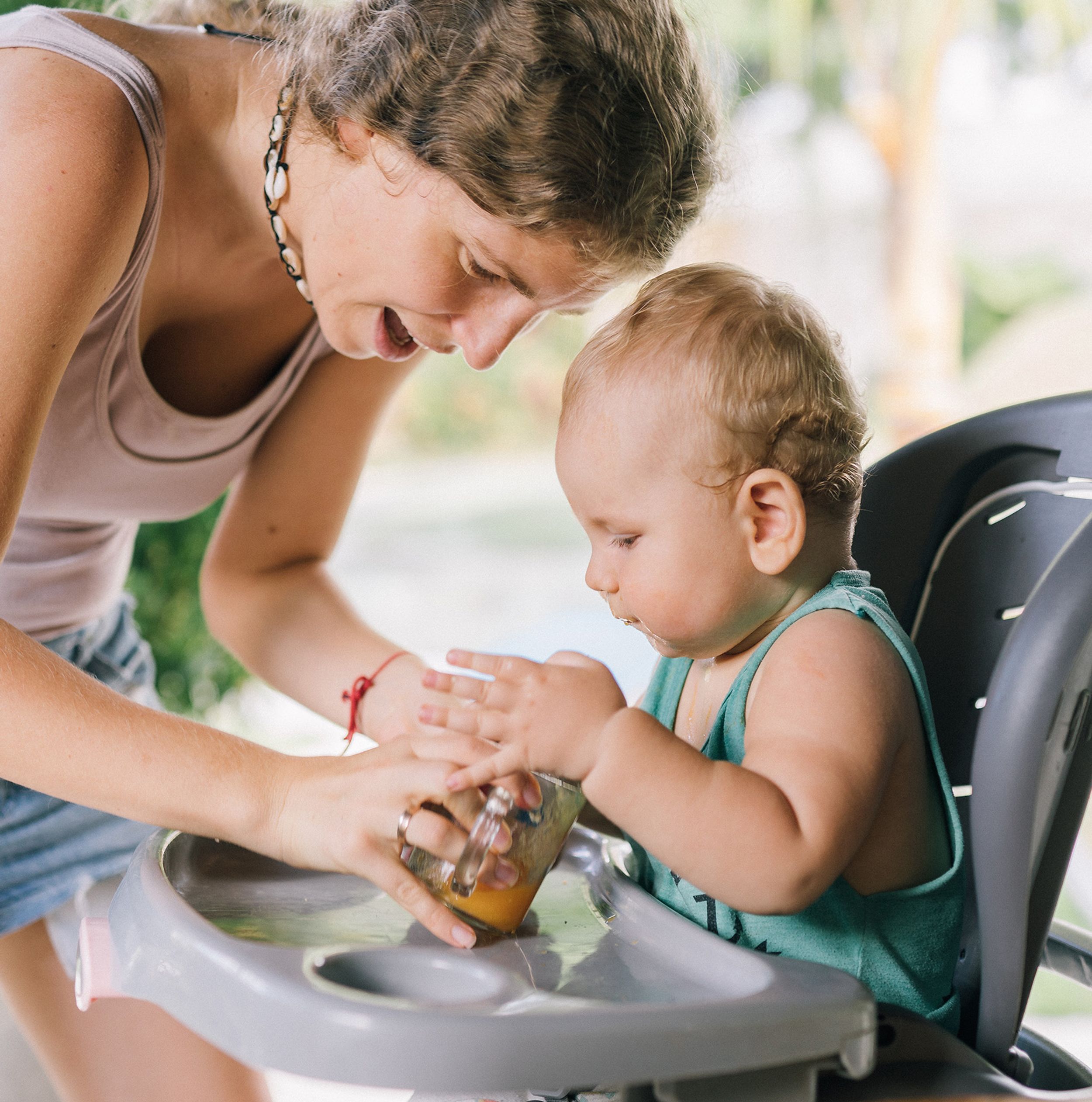Support for Expecting parents.
Becoming a parent can be a joyful, happy time. It can also be complicated, confusing and overwhelming.
Anxiety and depression during pregnancy.
Everyone's experience of pregnancy is different. Just as there are physical changes, there are also common emotional changes in the antenatal period. This might include feelings of grief, sadness or loss as well as changes in your intimate and family relationships or an evolving sense of who you are and what’s important to you. If you are experiencing any changes that are affecting your daily function and mental or emotional wellbeing during pregnancy, it's a good idea to talk with someone.
Articles
Information for expecting parents
Stories
Real life experiences from expecting parents
Dads
Information and support for Dads
Sometimes the challenges of supporting your pregnant partner leave you feeling exhausted. Many new dads experience some trouble adjusting to parenthood, and you might be unsure if the mental and emotional load of parenthood has become something more serious.
Mental health checklist
How are you going?
Everyone’s experience of pregnancy, birth and parenting is unique and brings different rewards and challenges. Our mental health checklist can help you to see if what you’re experiencing or observing in a loved one could be reason to seek help.
PANDA National Helpline
Find someone to talk to, Monday to Saturday.
1300 726 306
Call 000 for police and ambulance if you or someone else are in immediate danger
Talk with friends or family
Consider talking about how you are feeling with someone you trust. This might be a friend or family member. Once you starting talking you might be surprised at how many others have had similar experiences and the support they can provide you.
Talk with your doctor
Talking with your doctor can be an important step to getting the help you need. They should be able to give you non-judgemental support, assessment, diagnosis, and ongoing care and treatment. They can also refer you to specialists such as a counsellor, psychologist or psychiatrist.
Get help now
If you are having suicidal thoughts or are feeling disorientated it’s important to get help immediately. PANDA is not a crisis service, if you need immediate support call Lifeline 13 11 14 (24/7).





